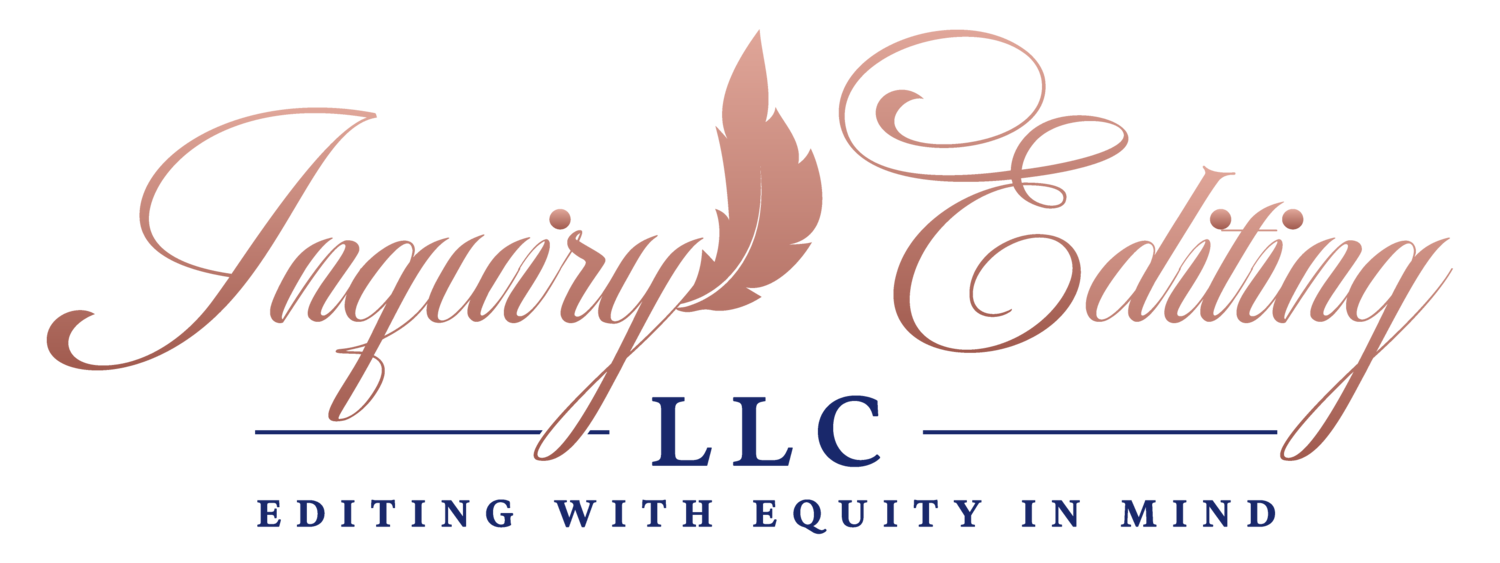Divine in the Details 2
It occurs to me that I do not typically give advice about the picayune detailed work of editing. I’d like to dedicate a few newsletters to thinking about the details. This week, I’d like to tackle passive voice.
What is passive voice? Passive voice is a way of constructing a sentence or an idea where the agent or actor is obscured. In other words, you don’t know who did what. For example, “mistakes were made” is passive voice. Whose fault is it? We don’t know. The sentence is in passive voice.
I usually see passive voice when scholars want to emphasize the action done rather than the person or people responsible. This can be quite useful. For instance, I appreciate a good passive voice sentence in historiography, especially when (based on the previous sentences) the agent/actor is already known. The passive voice, there, adds tonality: sarcasm or indictment or wariness or excitement.
I am not sure why people default to passive voice. I conjecture that the wide usage has a correlation with speech. We tend to have a great deal of verbal dexterity when talking about agents and actors in speech, so emphasizing that they are the subject (the topic of conversation) seems unnecessary. I have also speculated that passive voice emerges as a way to avoid making bold claims. If a writer obscures the agent or the actor, then we can focus on what happened rather than who did it. I have wondered, too, whether passive voice is a confession about a writer’s feeling of confidence vis-à-vis the argument.
All of the above could be true. None of it could be true. I’ll never know.
What I do know is this:
1) passive voice results in milquetoast articulations of someone’s argument and/or ideas; When I read passive voice inside the articulation of someone’s argument, I find the passivity makes the person’s ideas sound like something everyone knows. If the emphasis is on the action (say the felling of a tree) and not argument about the felling of the tree (say an environmental argument or an argument about rape in Ovid’s Metamorphoses), then the prose directs us away from the argument.
2) passive voice obscures necessary causal and/or correlative relationships needed to understand arguments and/or ideas; Let us go back to our tree example. We need to know who felled the tree. Is it the result of corporate greed? Is it a jealous Apollo, furious about the fact that Daphne would rather host flora and fauna in her body than him? The questions of cause/effect, and correlation are crucial to understanding any given argument. Otherwise, the argument appears to be a done deal (a fait accompli) and, then, really what is the point of making it?
3) passive voice can undercut momentum by elongating sentences and slowing down the rhythm of the prose. I tend to use short passive voice sentences as a way to create sarcasm or irritability or excitement in my prose. For example, I might say of Beyoncé, “Her hair was laid!” The stylist – although crucial – does not matter to me. My focus is on my Bey. I might say of an administrator: “There were words said.” In conversation, the administrator is already clear. What requires emphasis is my irritation. However, most passive voice constructions in academic prose tend to result in long sentences. Such long sentences require a bunch of prepositions or a few different dependent clauses to make sense. That length disrupts an analysis. The all important “flow.”
I do not suggest retiring passive voice completely. Utility can be achieved. Instead, I suggest asking yourself whether passive voice works when you find it. Do I need to emphasize the action or the actor? Do I need this to have a particular tone? Does a long sentence here actually work?
